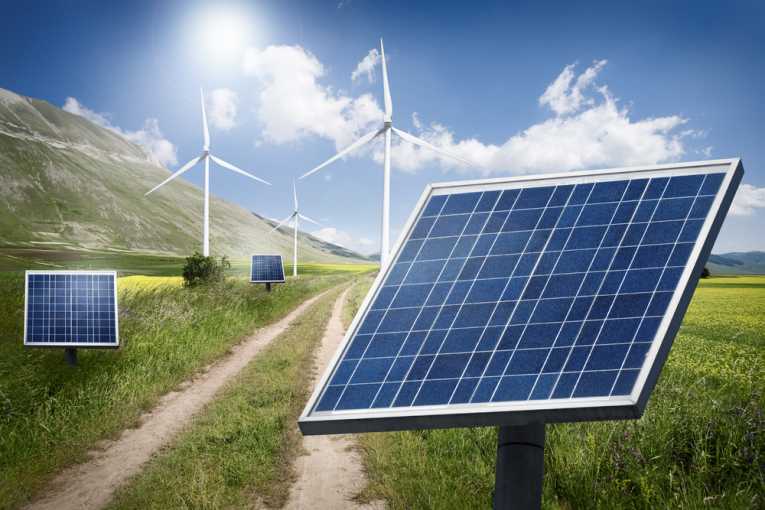According to the Positive Energy report by WWF-UK, cutting back renewable energy ambitions is a step backwards and could cost us in the long term. This is contrary to KPMG's beliefs that scaling down renewable energy ambitions could save the economy £34 billion within the next ten years. WWF-UK tackles global environmental issues such as climate change and reducing the use of fossil fuels. Developed in 1961, one of their ambitions is to work with businesses, communities and politicians to promote the use of sustainable energy sources.
WWF-UK states that the use of gas as a power source is directly correlated to the rise in the costs of energy bills. In contrast to the focus of the KPMG report, the use of unsustainable gas and nuclear power is actually contributing to the rising expenses in the home. Electricity was used to a lesser extent between 2004 and 2009, with approximately 21% more consumers relying on gas. The Climate Change Act requires the amount of carbon emissions produced to be cut by a certain amount by certain target dates and it has been recommended that they must be cut by 60% in the UK by 2030. This means that over-reliance on gas could prevent this target from being met.
The Energy Research Centre has found that, by encouraging energy efficiency in the transport and business sectors as well as in the home, the cost of using sustainable energy sources will be reduced by £70 billion: a massive £36 billion more than could be saved by scaling down these renewable energy ambitions.
WWF-UK also point out that moving towards a more energy efficient future could also create job opportunities and be a massive investment for the UK as a whole. Factories producing sustainable energy resources and technologies will be built all over the UK, creating employment for thousands which will greatly reduce the uncertainty that comes with cutting back on renewable energy ambitions. It is estimated that 115,000 jobs could be created, which will stabilise the economy somewhat and may be the most lucrative industry over all others.
In order to reduce carbon emissions to the targets set for 2030 and 2050, the UK's Committee on Climate Change made some recommendations. These include better insulation for homes and the widespread use of heat pumps instead of conventional heaters. Industries also must cut back on their energy emissions by 50% and the investment in wind and nuclear technologies could help achieve this.










